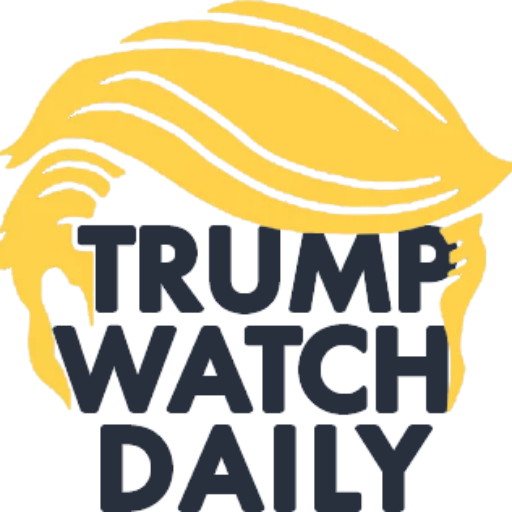A Billionaire’s Approach to Government Reform
In a bold and unexpected move, President Donald Trump has enlisted Elon Musk to spearhead a sweeping overhaul of the U.S. government’s bureaucracy. Musk, the billionaire CEO of Tesla, SpaceX, and Neuralink, now leads the newly established Department of Government Efficiency (DOGE), a fitting acronym given his well-known fascination with the DogeCoin meme culture.
With a reputation for disrupting industries and a no-nonsense approach to problem-solving, Musk’s involvement has already sent shockwaves through Washington. His primary mission? To eliminate waste, streamline federal operations, and introduce private-sector innovation into public governance.
Restructuring and Controversy: Musk’s First Moves
Since taking charge of DOGE, Musk has implemented radical changes in an attempt to cut inefficiency and redundancy in the federal system. Some of his most controversial actions include:
- Dismantling USAID: Musk argues that international aid should be privatized or handled by nonprofits, rather than taxpayer dollars funding foreign initiatives.
- Eliminating Thousands of Federal Jobs: Musk has introduced an AI-driven system to analyze government job redundancy, leading to massive staff reductions.
- Automating Bureaucracy: Implementing blockchain-based contracts and AI-driven decision-making to streamline government services.
His reforms have polarized public opinion—supporters praise his innovative approach, while critics argue that his methods disregard the human impact of mass layoffs and governmental downsizing.
Tech Meets Politics: The Musk Philosophy
Musk has always advocated for efficiency, automation, and decentralized decision-making, and now he’s applying these principles to federal governance. Some of his key philosophies include:
- “Move fast and break things”—a Silicon Valley approach that often clashes with government bureaucracy.
- Reducing government dependency on paper-based processes and shifting to blockchain and AI-driven decision-making.
- Incentivizing competition within government agencies to boost productivity.
While some agencies have welcomed his ideas, others, particularly career politicians and bureaucrats, have resisted Musk’s unorthodox methods.
The Future of Government Under Musk’s Leadership
As the Trump administration’s government overhaul gains momentum, questions remain about the long-term consequences of Musk’s involvement. Will his reforms truly create a leaner, more efficient federal government, or will they cause instability and disruption in essential services?
If Musk’s DOGE department succeeds, it could set a precedent for private-sector leaders playing a more direct role in government restructuring. However, if his methods backfire, it could fuel concerns about the risks of corporate influence in public administration.
Regardless of the outcome, one thing is certain: Elon Musk’s presence in Washington has forever changed the way Americans view government efficiency.
Final Thoughts: Musk’s Legacy in Politics?
With his hands already full running Tesla, SpaceX, and xAI, many wonder if Musk’s role in the Trump administration is just a temporary experiment or if this marks the beginning of his deeper involvement in politics.
Could Musk one day run for office himself? His growing political influence certainly suggests that his ambitions may extend beyond the boardroom and into the highest levels of government.
For now, the Department of Government Efficiency (DOGE) remains a test of whether Musk’s brand of innovation can truly reform Washington—or if politics will prove to be his biggest challenge yet.

